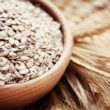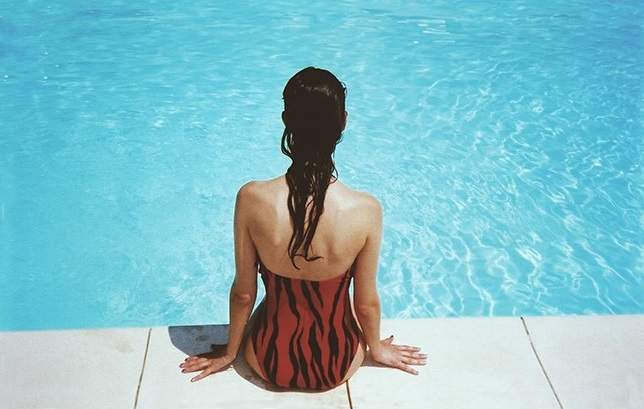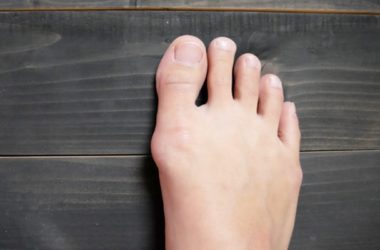Is diving into a swimming pool your preferred workout or mode of beating the heat? You must notice that your tresses feel rough and dry after spending some time in chlorinated water. It’s not a big deal if you take a dip in the pool occasionally and in quick sessions only. However, it is a completely different story if exposure to chlorinated water is extended as it will surely leave your hair damaged.
Chlorine is added to water for the benefit of anyone who plunges into it — no one really likes to swim in microbe-infested water. However, the chemical added in large amounts to pool water can actually wreak havoc to your hair. It’s because chlorine tends to rob your hair of sebum. Wondering what sebum is? Well, it’s that lubricating oil that serves to protect the cuticle, which is the outer layer of each and every hair strand. Without sebum, your hair is left unprotected — your tresses are at high risk of ending up very dry and brittle. No beauty-conscious woman wants that!
There is really no need to turn your back from swimming in the pool, which is a wonderful form of exercise and heat-buster, for the rest of your life just to keep your crowning glory from being damaged. There are certain things that you can do to considerably reduce the negative effects of chlorinated water on your mane. Read and memorize the following by heart before grabbing your bathing suit and sunscreen:
Use Conditioner with Silicone
If jumping into the pool is your thing, it’s a wonderful idea to invest in a conditioner with impressive amounts of silicone. Hair experts say that silicone can help shield your hair from chlorine. Use the silicone-containing hair conditioner before you step foot in the swimming pool.
Put on a Swim Cap
These days, swim caps are available in staggering colors and designs — there is no reason for you to feel self-conscious wearing one. Opt for one that matches your swimwear and complements your skin tone to make heads turn. Put it on to keep your hair from being touched by chlorine.
Wash Your Hair with Water
Just before you plunge into that pool, drench your hair in tap water. You see, hair can only absorb much water — once it is saturated, it can no longer absorb any more water. Making sure that you douse your tresses with tap water helps minimize the impact of chlorine on your crowning glory.
Shampoo Afterwards
As soon as you are through swimming, shampoo your hair very well. Doing this will help remove chlorinated water in your hair and keep it from stealing more protective sebum from your hair strands. It is definitely a horrible idea to let chlorinated water dry in your hair.
These are some of the things that you may do to ward off hair damage brought about by chlorinated water. So what if you have forgotten to do any of them and you ended up with really dry and rough hair after taking a dip in the pool? The following are some very simple tips on saving your mane:
Bank on Baking Soda
Dissolve a teaspoon of baking soda in 1/4 cup of warm water. Pour the resulting mixture into your scalp and gently massage using comb to spread the clarifying mixture from the roots to the tips of your hair. Allow it to stay there for about 5 minutes before rinsing off.
Apply Apple Cider Vinegar
Take your hair back to its natural pH level after swimming by rinsing it with a mixture consisting of 1 teaspoon of apple cider vinegar and a glass of water. Massage very well on your scalp and into your tresses. Wait for about a couple of minutes before washing it off thoroughly with water.
Moisturize with Coconut Oil
After shampooing your hair, wring out excess water and towel dry. Then massage some coconut oil into your mane. Coconut oil is very good in reversing dryness caused by chlorinated water — it smells yummy, too! See to it that your hair is covered with coconut oil from roots to tips.













